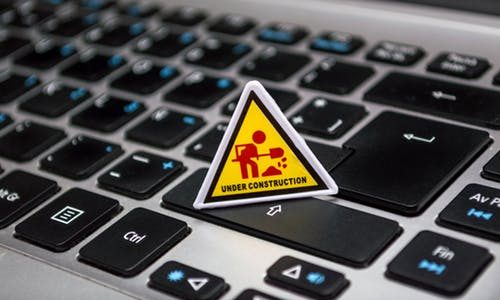New Year is time for a security tune-up
Welcome to 2021. It is a new beginning to a year that should be filled with positive outcomes and successes. Don’t let this year be the one where you have a security incident! So, some advice for you to do a general IT security tune-up with this basic cybersecurity guide;
- For Social Media (including Facebook, LinkedIn, Instagram and others), go through your friends lists / connections and look for anyone who you may have lost contact with, may not be who they say they are, or you cannot remember – and remove the connection.
- Check your Social Media history for times where you would have revealed too much information, or even remove references to your family or friends that you no longer feel is appropriate or may be used by someone to compromise you.
- Check your security settings for Social Media to ensure you are not exposing personal information like your date of birth, location of birth, phone numbers, personal email addresses (take note of this in LinkedIn). I recommend you actually put in a fake date of birth – just change it by a day or two and a month, people who know you will still send birthday greetings even if Facebook does not prompt them!
- Change your passwords to something long and easy to type. Ensure it is easy to type on a mobile phone keyboard too. If you like your old password, try adding new words and numbers to the beginning or end of it – so if you used a really bad password like “P@ssword1!” then change it to something longer and memorable like “This#IsMy,Password@year2021” – and this will encourage you to change it at least every year too. Length is more important than complexity.
- Make sure your work password is nothing like your social media password, which should be different to your banking password which should be different to your Google / Microsoft passwords. Do not use the same password for any system – if one system gets hacked, then they have your password for everything. Don’t forget to change the password for the email account set as your “recovery account” – this can often be the weak spot in your security.
- Write down your new password until you can remember it. This may seem strange, but it is better than getting locked out of your account. Don’t do something silly like write “[email protected] = MyNewPassw0rd1” on a bit of paper that you could drop/lose. Treat the piece of paper with your new password on it like cash, until you know you can remember it, then destroy the paper (rip it in half and put each bit in different bins…)
- Avoid changing all your passwords on the same day – it will cause confusion and you may end up locking yourself out of multiple accounts at the same time.
- Consider using 2 factor authentication through a mobile App like Microsoft Authenticator or Google Authenticator – these are both compatible with many systems including webmail and other online systems. Using an Authenticator app is more secure than using SMS for 2FA, as your SIM can be stolen remotely. The security world is moving away from passwords and towards Authenticator apps, so get started now!
As always, if something unusual happens – someone strange approaches you on social media (or in person), you get notifications that a new computer has logged in when you did not do anything, you get SMS messages with a code that you did not ask for, strange emails or SMS that say you have won a competition you did not enter – treat them all as suspicious and serious until you actively verify them.
